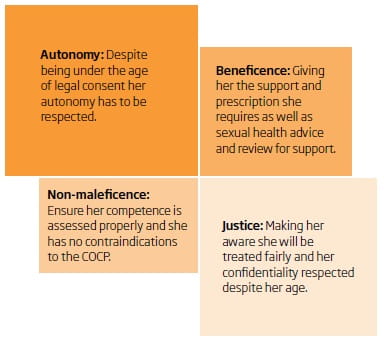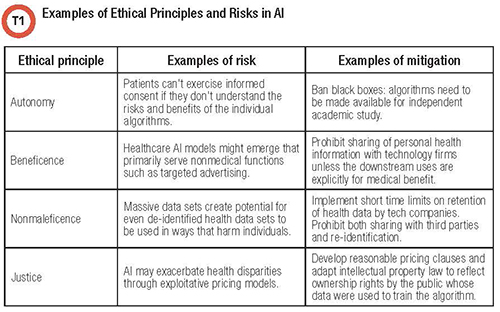
Ethical Principle Of Autonomy. Autonomy in ethics refers to individual freedom or one s right to make decisions without being coerced. Although it is used in many. Autonomy is the idea that every person is in control of their own thoughts and actions and can be motivated by internal forces like choice and reflection. According to kantian ethics autonomy is based on the human capacity to direct one s life according to rational principles.

He states everything in nature works in accordance with laws. According to kantian ethics autonomy is based on the human capacity to direct one s life according to rational principles. Although it is used in many. Ethically autonomy aims to protect individual choice rights and freedoms against the control of organisations the state or other people. This faith in autonomy is the central premise of the concept of informed consent and shared decision making this idea while considered essential to today s practice of. Autonomy in ethics refers to individual freedom or one s right to make decisions without being coerced.
Four fundamental ethical principles a very simple introduction the principle of respect for autonomy.
Is it a violation of the ethical principle of autonomy to aggregate and generate new information about a patient s health without their knowledge permission or consent autonomy can in the first place be defined as the condition or the right of self government bma 2. In a medical context respect for a patient s personal autonomy is considered one of many fundamental ethical principles in medicine. Autonomy can be defined as the ability of the person to make his or her own decisions. He states everything in nature works in accordance with laws. This faith in autonomy is the central premise of the concept of informed consent and shared decision making this idea while considered essential to today s practice of. Only a rational being has the capacity to act in accordance with the representation of laws that is in accordance with principles or has a will.